Please log-in to report.
Africa, South America, North America, Europe, Asia, Oceania
Sign-up / Log-in to be up-to-date and informed!
Choose your News Preferences Below
Top News Stories Worldwide
Your Current Default Preferences are:
Kenya Top Stories
Top Stories
for the 15 Sep - 21 Sep
< Previous week Next week >
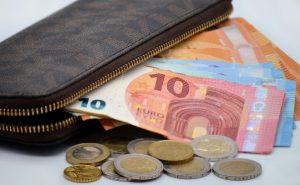
Moody’s Ratings reported rising borrowing costs in Kenya, Nigeria, and South Africa over the past five years. Weak economic policies, inflation, and shallow capital markets drove the increase. Funding from international partners, such as the IMF, eased some foreign debt pressures. Interest rates remain high, and in Kenya, government borrowing costs are around 5% above U.S. Treasury rates. Moody’s reported that heavy debt and limited markets are constraining credit, investment, and growth.
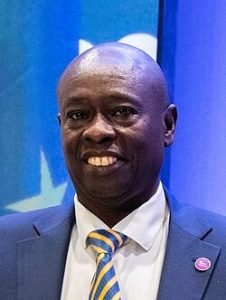
Former Deputy President Rigathi Gachagua declared his 2027 presidential bid under the Democracy for Citizens Party (DCP). He pledged to restore Kenya’s economic and social stability, scrap the housing levy, revive free education, and strengthen healthcare. Gachagua stated his goal is to return Kenya to the stability of the Mwai Kibaki years. President Ruto called the declarations premature amid criticism over his State House meetings with regional leaders
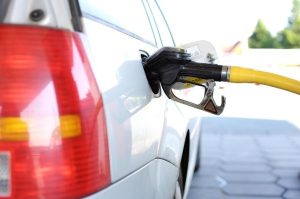
The Energy and Petroleum Regulatory Authority (EPRA) reduced fuel pump prices in its September review, marking the second monthly cut. The regulator linked the adjustment to lower import costs, with petrol, diesel, and kerosene all dropping. Prices, which include 16% VAT, will apply until Oct 14 and vary marginally across Nairobi, Mombasa, Thika, Eldoret, and Kisumu.
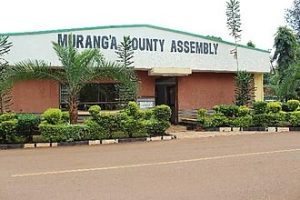
Former Deputy President Rigathi Gachagua accused Murang’a MCAs of betraying voters by visiting State House for handouts. The dispute centered on President William Ruto’s support in Mount Kenya. Government spokesman Isaac Mwaura said Ruto retained strong but quiet backing, crediting him with reviving the economy. ODM MP Caleb Amisi said leaders who took State House support were unlikely to oppose President Ruto in 2027.
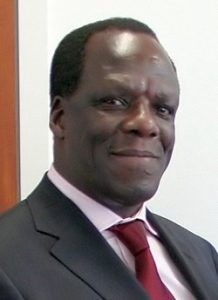
Kakamega Governor Fernandes Barasa urged President William Ruto and Orange Democratic Movement (ODM) leader Raila Odinga to sack Cooperatives Cabinet Secretary Wycliffe Oparanya. Barasa accused Oparanya of meddling in local politics and undermining the party. Oparanya dismissed the claims, affirmed loyalty to ODM, and said disputes in Kakamega risked weakening the party ahead of the 2027 elections.
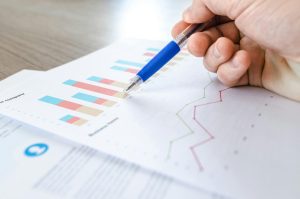
A TIFA survey found that most Kenyans felt worse off under President William Ruto. 62% said the country is on the wrong track. 70% reported worsening household finances since 2022, led by Mt. Kenya at 85% and Nairobi at 74%. Rising costs and new taxes topped concerns, with only 14% reporting improvement. 64% opposed Ruto’s deal with Raila Odinga.

President William Ruto rejected claims Kenya was a failed state and urged Kenyans to stay optimistic. He cited economic stabilization, universal health coverage, and the housing program as progress during the funeral of Mzee Isaac Ichung’wah in Kiambu. Ruto announced a record maize harvest of 75 million bags, adding that agricultural reforms had strengthened food security and boosted farmer earnings.

50 political parties alleged that the Independent Electoral and Boundaries Commission (IEBC) and the Office of the Registrar of Political Parties (ORPP) were undermining multi-party democracy ahead of 2027. At a Political Parties Liaison Committee retreat in Athi River, they cited plans to deregister parties on “flimsy grounds” and bypass them in favor of external actors. Leaders also warned that 54 parties faced financial strain from delayed state funding.

Kenya’s 364-day Treasury bill received bids worth KSh 23.1 billion against an offer of KSh 10 billion, according to the Central Bank of Kenya. The bank accepted KSh 19.08 billion at a 9.6% yield. It was the second week of strong uptake. Demand rose after the Central Bank lowered interest rates, with investors moving into short-term government securities to secure current returns.

